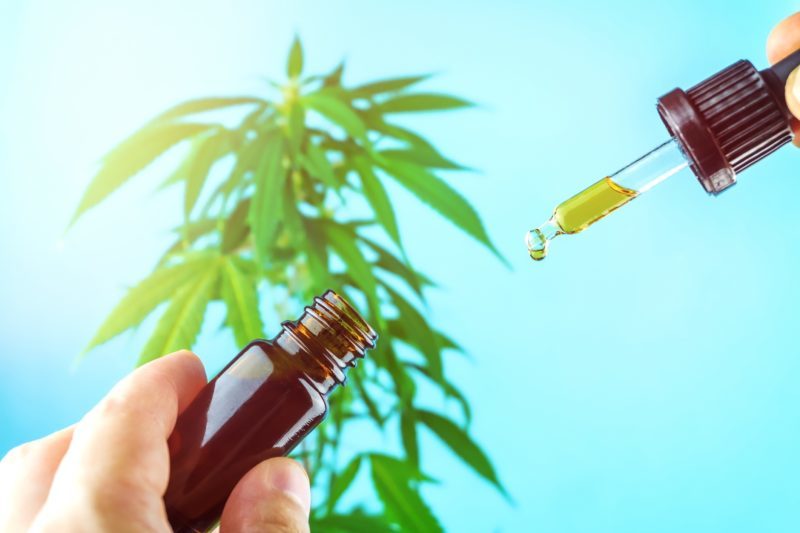The petition formally calls on FDA to take action, and to exercise the statutory discretion provided to it in the Food, Drug & Cosmetic Act (FDCA) that would allow CBD to be marketed as a dietary supplement.
CRN’s Citizen Petition specifically requests the FDA to:
- Exercise FDA’s statutory authority and discretion under 21 U.S.C. § 321(ff)(3)(B). This provision of the FDCA creates a general presumption against the lawful marketing of an ingredient in a supplement if it was first marketed as a drug or was first studied in substantive clinical investigations as a drug; however, the statute permits FDA, in its discretion, to establish a regulation under which hemp-derived CBD may be legally marketed as a dietary ingredient.
- Provide guidance to clarify when a substance is considered “an article” as that term is used in 21 U.S.C. § 321(ff)(3)(B). FDA’s reluctance to provide clarity on this definition has led to confusion among consumers and industry alike, and may be preventing firms from filing new dietary ingredient (NDI) notifications for hemp-derived products that would not be subject to the exclusion provision of section 321(ff)(3)(B) anyway.
- Enforce existing dietary supplement regulations with respect to CBD-containing products being marketed as dietary supplements.
Related: Phytocannabinoids & the ECS: Your Top Qs, Answered! NPA Invites FDA to Brief Industry on CBD Regulatory Process, Progress CCSS Calls for FDA Action on CBD
Mister noted that while the majority of CBD supplements are not dangerous, there are some that are poorly manufactured, improperly labeled, or adulterated. These companies are able to manufacture their products more cheaply, undercutting companies that actually put in the work to comply with the regulations governing dietary supplements. Once FDA allows CBD to legally come to market, mister says, the agency can begin enforcing those regulations.Mister concluded: “It is critical that FDA acts immediately for the benefit of the agency, industry, retailers, and most importantly, consumers. The longer the agency waits to act, the more complicated and uncontrollable the space can become. Numerous states are already moving to protect their own citizens with state-based requirements and restrictions that further encumber the likelihood of a single, federally uniform CBD marketplace, while a growing number of consumer class-action lawsuits being brought against CBD manufacturers, distributors, and retailers, further muddy the legal status of CBD. FDA has ample safety data in front of it to act; the agency must act quickly so it can effectively remove unsafe or illegal products and ingredients from the market and protect consumers and responsible companies in the space.”










